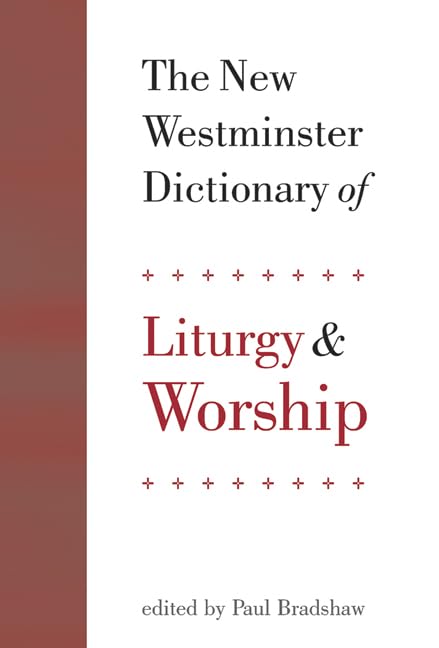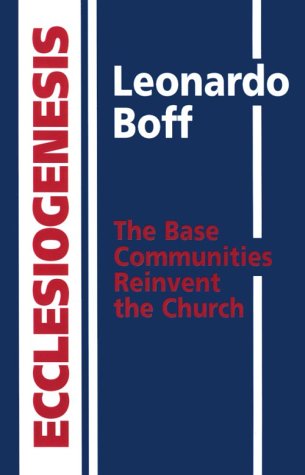Aquinas, Calvin and Contemporary Protestant Thought
Written by Arvin Vos Reviewed By Tony LaneFrom the time of the Reformation, Thomas Aquinas has had a bad press in the Protestant world. Professor Vos, an American in the Reformed tradition, has come to his defence with ‘A Critique of Protestant Views on the Thought of Thomas Aquinas’ (the subtitle). There is an appreciative foreword by a Catholic professor of medieval studies.
This book falls into two distinct parts. The first two chapters offer a detailed comparison of the teaching of Calvin and Aquinas on the nature of faith. The next four chapters offer a broad reinterpretation of Aquinas’ teaching on the relationship between faith and reason and between nature and grace. Here the scope is much broader than in the first two chapters. The contrast is no longer between Calvin and Aquinas but rather between the traditional interpretation of Aquinas and his actual teaching. A final brief chapter is entitled ‘Toward an Appreciation of Aquinas’.
It is the second part, the reinterpretation of Aquinas, that is the most important. If Vos is correct, the whole Protestant tradition of interpreting Aquinas has been guilty of gravely caricaturing him. The present reviewer is not qualified to give a definitive verdict on this part of Vos’ argument. But his case appears to be well argued and the traditional Protestant interpretation of Aquinas seems to be clearly in need of an overhaul.
If the Protestant interpretation of Aquinas is wrong, where did the error originate? Vos argues that the Protestants did not invent their misinterpretation of Aquinas but that it originates with the sixteenth-century Thomist cardinal Cajetan and thus entered the Catholic Thomist tradition.
In his exposition of the nature of faith (Institutio 3:2) Calvin sharply attacks a number of aspects of Roman Catholic teaching, such as the concepts of implicit faith and unformed faith. It is usually assumed that Thomas is the definitive exponent of the views which Calvin is attacking. But Vos argues that the views which Calvin attacks are not actually those of Thomas and that the differences between them lie in terminology more than substance. His case is persuasively argued and seems to be substantially correct. My own studies of Calvin have led me to similar conclusions in that while Calvin is opposed to Roman Catholic talk of ‘free will’ and ‘merit’, his own position comes extremely close to what at least some Catholic theologians mean by free will and merit. Why then, if their positions are very similar, was Calvin so dismissive of Thomas? Vos gives a twofold answer. In the first place, he argues that Calvin was largely ignorant of Aquinas. He notes correctly (p. 38f.) that Calvin only twice refers to Thomas in the Institutio—and one of these references is almost certainly derived from an intermediate source. In fact, in the whole of Calvin’s works there are only two other brief passing references to Thomas. In short, there is no proof that Calvin had ever read any Aquinas first hand. In the second place, Vos argues that Calvin must be attacking contemporary Catholic theologians whose views are different to those of Aquinas.
Vos’ case is basically sound, but it needs qualifying. Maybe Aquinas is not guilty of the position described by Calvin—but were Calvin’s contemporary opponents either? It must not be forgotten that Calvin uses rhetorical devices such as hyperbole and irony in attacking his opponents. It may turn out that the views which Calvin is actually attacking are not in fact so different from Thomas’. It is a pity that Vos does not go into the question of who were Calvin’s actual opponents and what was their teaching. Again, Vos repeatedly concludes that the differences between Calvin and Thomas are more a matter of terminology than of substance (pp. 2, 18, 20, 37). This he has convincingly demonstrated, but are we therefore to conclude that the differences are negligible? How people choose to define and use words is not insignificant. It would be easy to demonstrate that Marxists who call capitalism unjust do not mean the same thing by ‘justice’ as would a capitalist. But it does not follow that the difference between them is merely terminological. Perhaps Vos is a little too quick to pass over the terminological differences.
In short, this is an important book that deserves to be widely read. It is all the more shameful, therefore, that the publishers have placed it beyond the reach of all but libraries, the wealthy and reviewers by charging such an exorbitant price for such a slender book. Doesn’t Thomas have anything to say about fair pricing?
Tony Lane
London School of Theology







